Did you know that the U.S. produces over 1.5 million tons of household hazardous waste per year? It’s true. The typical residential home easily contains up to 100 pounds in the garage, storage shed, and/or basement. If not properly disposed of, toxic waste can create serious potential risks to people and the environment. Junk King of Marin’s professional, fast, and green removal services can help with all your toxic waste disposal needs in a safe and secure way.
What is Toxic Waste?
 There are five kinds of waste covered by Marin County policy: solid, liquid, organic, recyclable, and hazardous or toxic waste.
There are five kinds of waste covered by Marin County policy: solid, liquid, organic, recyclable, and hazardous or toxic waste.
Toxic waste includes inflammables, corrosives, reactives, and other materials that easily catch fire, explode, erode metal, or poison humans and animals. Common household items that meet the toxic threshold include cleaners, asbestos, batteries, automotive fluids, stains and varnishes, certain paints, pesticides and herbicides, and many other items, including old propane tanks and fire extinguishers.
Each type of toxic waste has its own disposal method under Marin County regulations.
Toxic Waste Disposal Practices
In California, it is illegal to dispose of household hazardous waste by throwing it in the trash, flushing it down the drain, or by abandoning it. Marin County has a Zero Waste program that promotes the safe collection and disposal of household toxic waste so residents are in compliance with California state law. The County provides a “What We Accept” and “Not Accepted” list on its website.
Zero Waste Marin focuses on helping residents and businesses meet the county’s zero waste goal by 2025 with, among other things, safe toxic waste disposal. The program is made up of the city and town managers of the communities that make up the county, as well as the county itself. Residents can visit the program’s website to learn about less toxic alternatives they can use to clean and otherwise care for their homes and businesses.
The County also has bulb and battery take-back programs, paint disposal facilities, motor oil and filter recycling, and more.
Junk King of Marin is Your Toxic Waste Disposal Partner
Junk King of Marin has long been engaged in eco-friendly practices and we encourage our residential and business customers to see recycling, repurposing, and proper toxic waste disposal as an earth-friendly practice that reduces their environmental footprint. We’re committed to protecting the environment and our waste disposal services are designed to serve and benefit our local communities while protecting the planet.
If you’ve let toxic materials accumulate at your home or business because you just don’t have the time to deal with it, why not let our experienced crews help you sort through and figure out which of your household wastes can be recycled, reused, or repurposed, as well as which materials are considered hazardous.
Are you a Marin County resident looking for a socially responsible toxic waste disposal company that offers quality and friendly service? We’re the one to call! We’re North America’s #1 green junk and toxic waste disposal service and our professional crews make speedy work of sorting through and removing every type of waste from your home or business facility.
To learn more about our toxic waste disposal and other junk removal services, give us a call, text us a photo, or book an appointment online today! We look forward to serving you!
 Text Us
Text Us


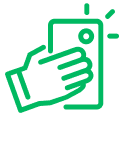

 Nearly a decade ago,
Nearly a decade ago,  The
The 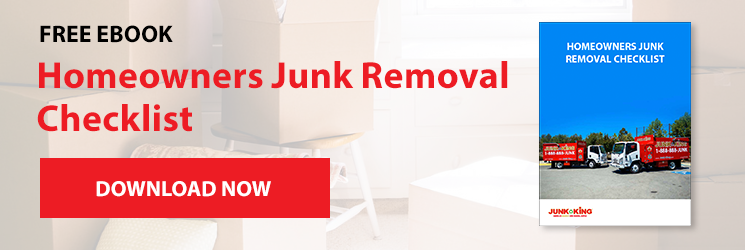
 With ‘going green’ becoming a widespread practice globally many people may ask themselves, what is it that they can do to have a positive impact on the environment. Well this can be achieved in many ways from the domestic household to the
With ‘going green’ becoming a widespread practice globally many people may ask themselves, what is it that they can do to have a positive impact on the environment. Well this can be achieved in many ways from the domestic household to the Studies conducted have revealed that the improper disposal of waste has been identified as the number one cause of
Studies conducted have revealed that the improper disposal of waste has been identified as the number one cause of 
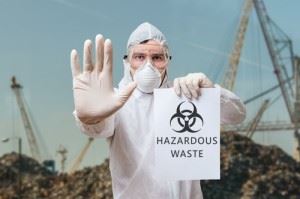 What is Household Hazardous Waste?
What is Household Hazardous Waste?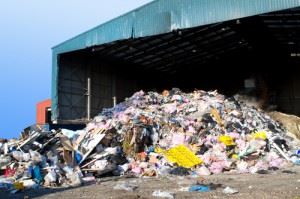
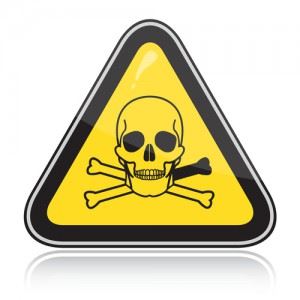 The Deepwater Horizon Oil Spill in 2010 exposed the dangers of industrial hazardous waste. That said, many people still don’t know all the facts about household hazardous waste lurking in and around their homes. Here’s what you need to know:
The Deepwater Horizon Oil Spill in 2010 exposed the dangers of industrial hazardous waste. That said, many people still don’t know all the facts about household hazardous waste lurking in and around their homes. Here’s what you need to know: